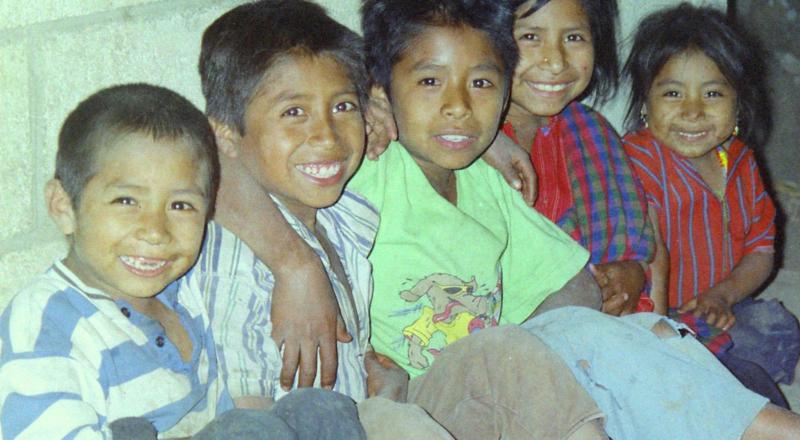
Environmental education for sustainability
The environmental extracurricular education programmes will involve primary and secondary school students from schools around the lake and more informal groups of young people. It is based on an eco-school model where learning takes place out of the classroom in different natural locations around the lake including CEC. Some workshops will also take place in a floating workshop/exhibition space.
The programmes are based on the principles of holistic active learning and borrow from environmental education, Mayan ancestral wisdom and practical learning from everyday life and experience. They will use stories, films and environmental walks and recording to explore the natural assets of the area; the biodiversity of the lake and surrounding area; it’s forests, plants and animals, the water quality of the rivers and the lake itself, it’s towering volcanoes with their rich soil and ancient archaeology hidden beneath their slopes. They will explore the human assets; the skills and knowledge of their families and communities. The young people will consider the risks to this fragile balance of people and environment and be involved in
implementing practical solutions.
Through their involvement the young people will become advocates for their unique natural and cultural heritage and actively involved in building a sustainable future. It is an education for social transformation; a commitment to the future by and for the young people and their communities.

